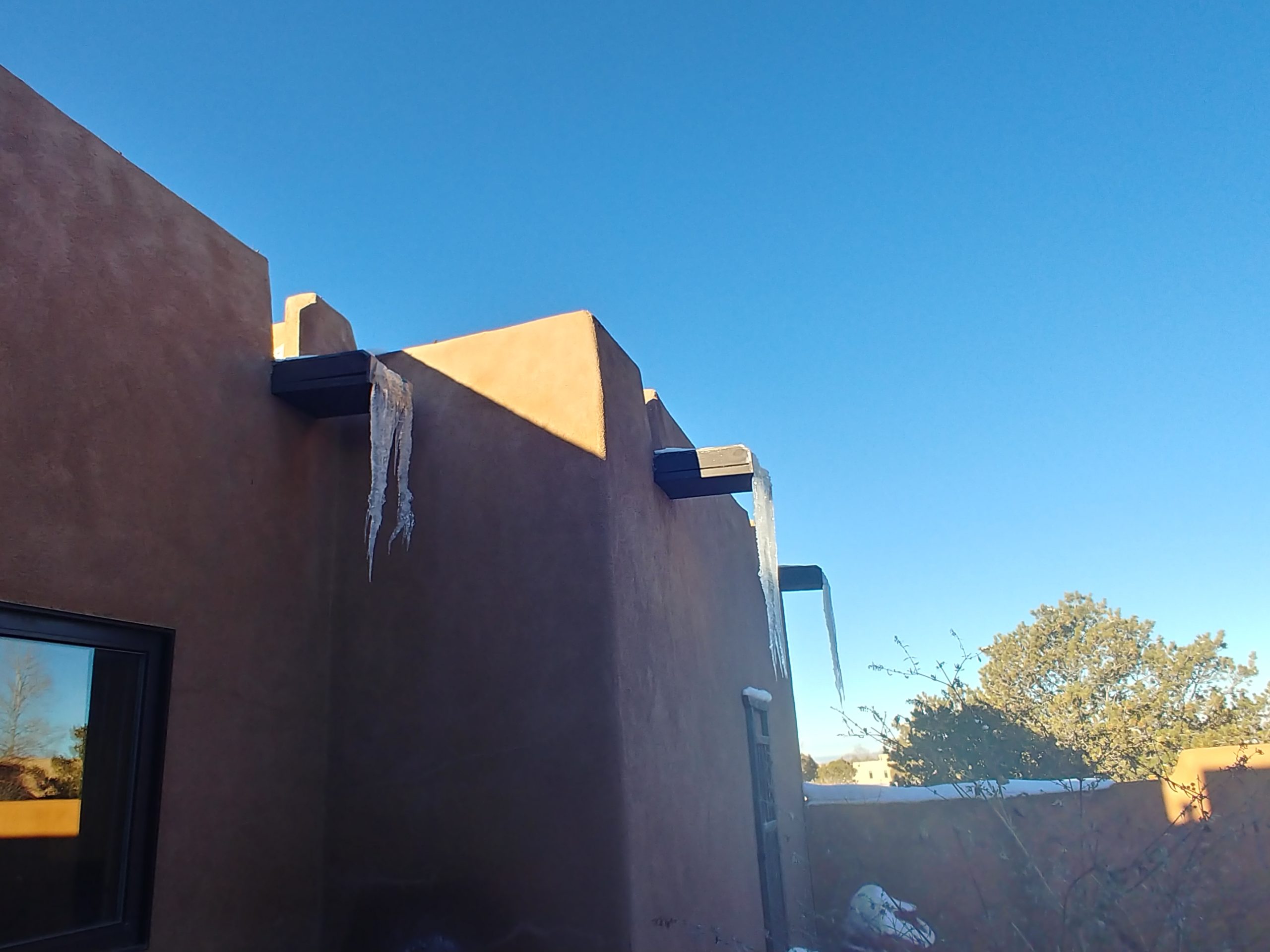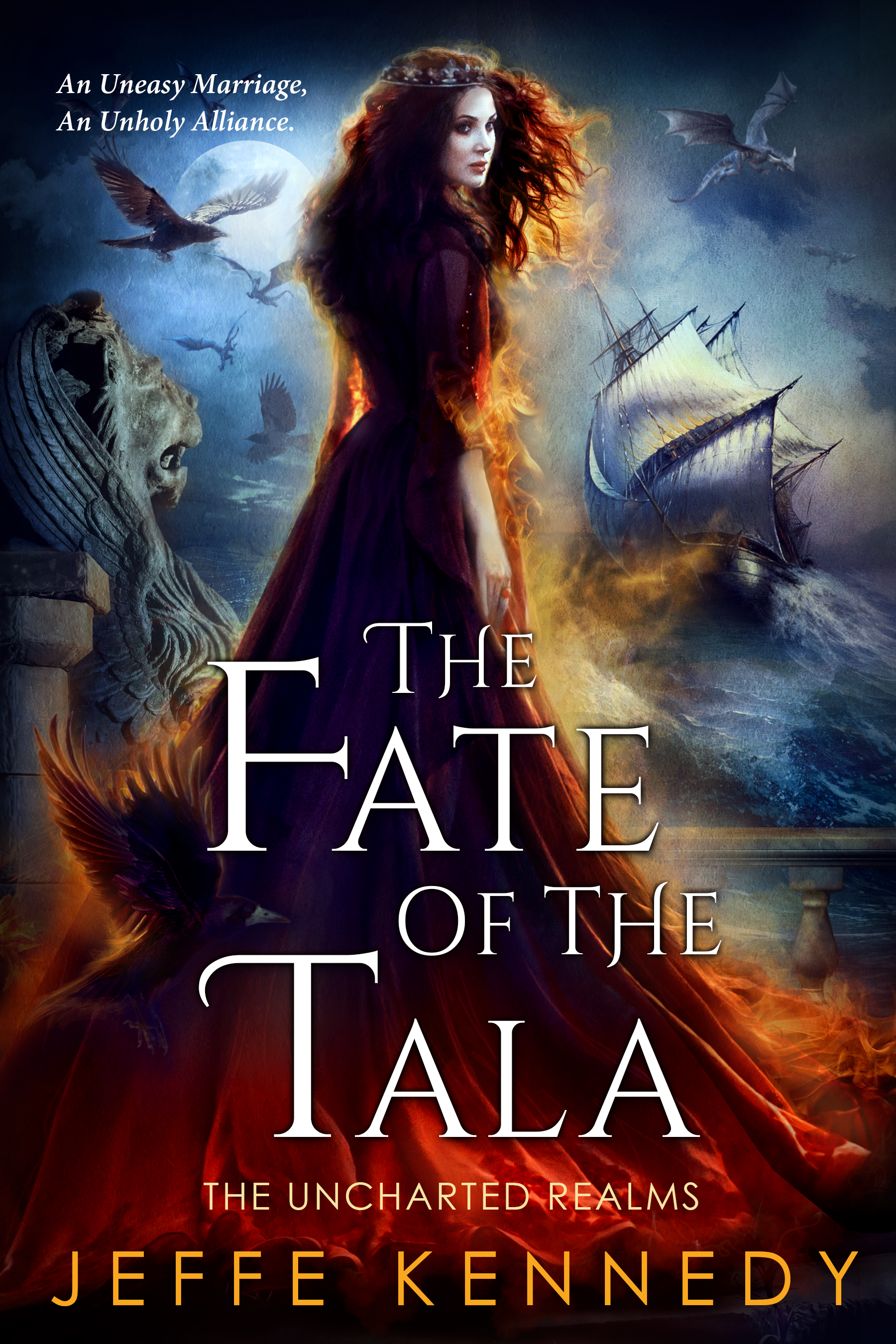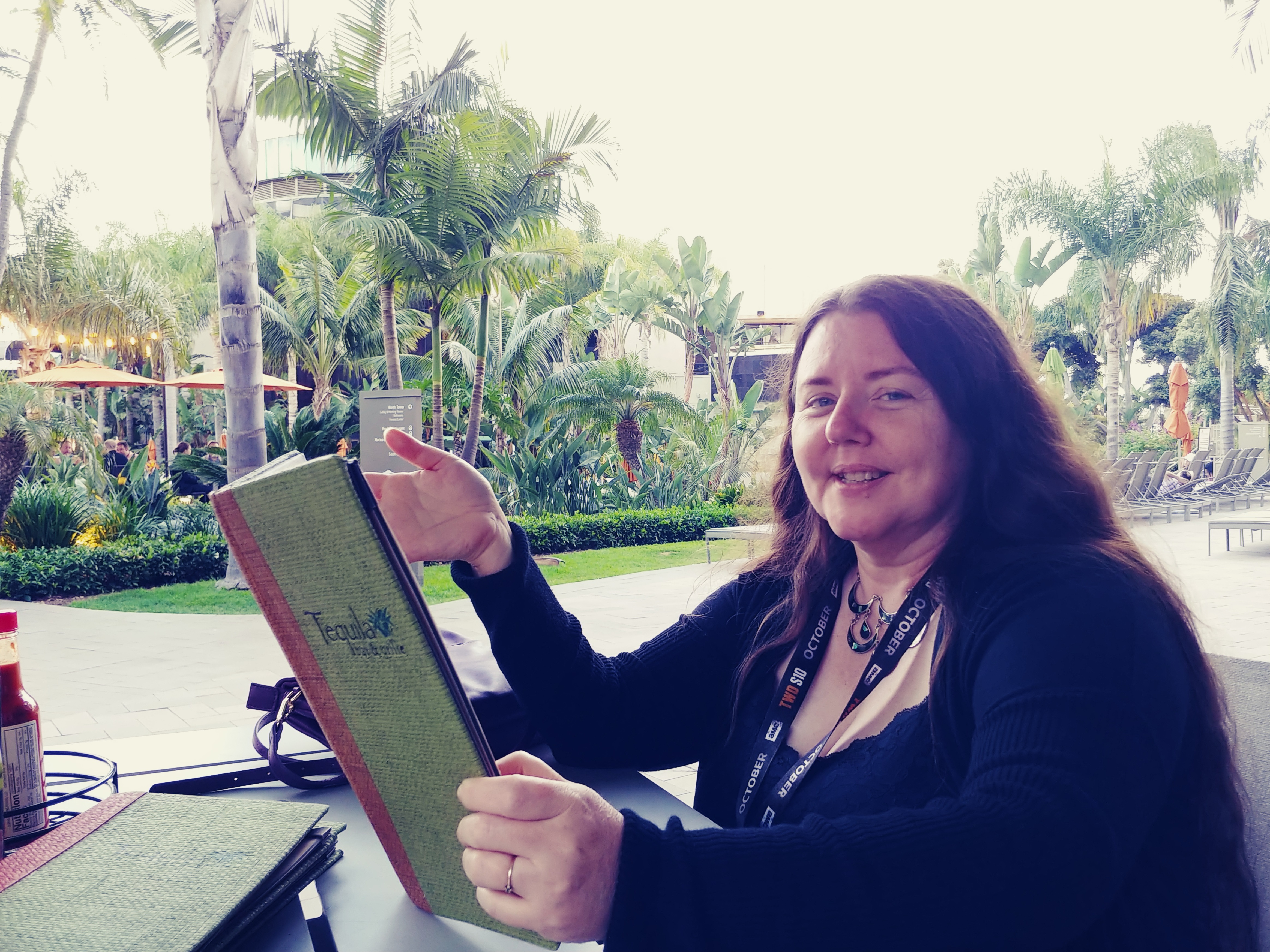

RITA ® Award-Winning Author of Fantasy Romance






Our topic at the SFF Seven this week is: “It’s Been A Year: Pandemic Year 2, Vaccines, New Political Administration, has it affected your writing? Better? Worse?”





Happy Groundhog Day! In celebration of this (dubious) holiday, we here at the SFF Seven will be discussing that THING we find ourselves doing over and over in our books. If that’s not scary, I don’t know what is.
Just last weekend I did a video chat with an author friend, because I asked for her help with some brainstorming. We also chatted about our current projects and deadlines. Now, she’s had multiple books on the NYT Bestseller list and commands enviable advances. She has a large and passionate fandom. But she was at the phase of her current book where she doubted *everything* about it.
I said, “the phase where you’re certain the book is not only TERRIBLE, but the one that will destroy your career forever?”
And she said, “YES!”
This is an inevitable Groundhog Day cycle for me. Come on over to find out more – and how I get through it. Also for news on THE FATE OF THE TALA!







I talked a bit about this on Twitter, and on my podcast – First Cup of Coffee – but I said I’d loop back and discuss on the blog in more detail.
I admit it started with a subtweet. A few blogger/reviewers were posting about authors who were publicly shaming readers who gave them poor reviews. The tenor of the authors’ complaints were that the bad reviews were harshing their (or their friend’s) release day buzz. Which… that’s a whole other thing, but the TL:DR is that nobody owes an author a sparkle pony on release day. The operative word there is RELEASE. That means letting the book go, to sink or swim in the world. It no longer belongs to the author. Helicopter parenting it will only bring misery to the author and damage the book’s chances.
ANYWAY. This post isn’t about that.
What I subtweeted about was an author who weighed in on the thread with a “but, but, but” – #protip: don’t do this – “But, but, but,” she says, “I just wish readers would *explain* why they give it one-star, so I can learn from it!”
First of all, not only does nobody owe you a sparkle pony, no one owes an explanation for a rating. Readers can rate books whatever they like, for whatever reason they like, and they don’t have to explain. They’re not in a relationship with the author, so there’s no obligation to tend feelings. They’re not writing teachers. They read.
Secondly, reviews are not for the author to read. Even readers and reviewers who take the conceit of appearing to address the author, aren’t really. They’re engaging with the voice in the book. It’s really important for writers to remember we are not our books. One of the very interesting outcomes of the Burnout Panel (and How to Maybe Avoid It Next Time) at Nebula Conference was that one of the key conditions leading to burnout is a person over-identifying with their work. A book is something we create (and RELEASE) and how readers react to it is about *them*. When someone reviews a book, it’s for other readers. It’s not a job performance appraisal for the author.
Finally, reviews are a TERRIBLE place to look to improve craft because the lens is so different. The experience of reading a book is totally different from evaluating it with an editorial eye. As proof of this, I point to the near-universal author experience of discovering that reading for sheer pleasure gets lost. Somewhere in the transition from being a person who only reads books to someone who also writes them, we develop that critical lens for evaluating the story creation. And it becomes almost impossible to shut it off again. This is bad and good. There’s some grief in the realization that the experience of reading a story without examining it is lost forever. But it’s good because, well, we *need* that ability. Every book and story a writer reads is an education – what works for us, what doesn’t, how the writer created certain impacts, where they lost the thread, etc.
Because of this profound difference in reading experience, however, reviews from readers tell us nothing about the craft of the story. Maybe a writer can glean some insight from which stories seem most popular – but most writers also will note that they can never predict which stories will “hit” and which don’t. It’s almost never our personal favorites. It often seems counter-intuitive. Many writers will say that their very favorite of their own work is the least popular with readers. Is there a correlation?
WHO KNOWS???
That’s the thing, and that’s my point. There is no knowing, which means that scouring reviews for information on improving craft is fruitless.
You know what does work? Read a lot (books and stories, not reviews). Write a lot.
Read. Write. Repeat.


Our topic at the SFF Seven this week is: That one “rule” that you gloriously, ecstatically love to break. Come on over to find out mine!